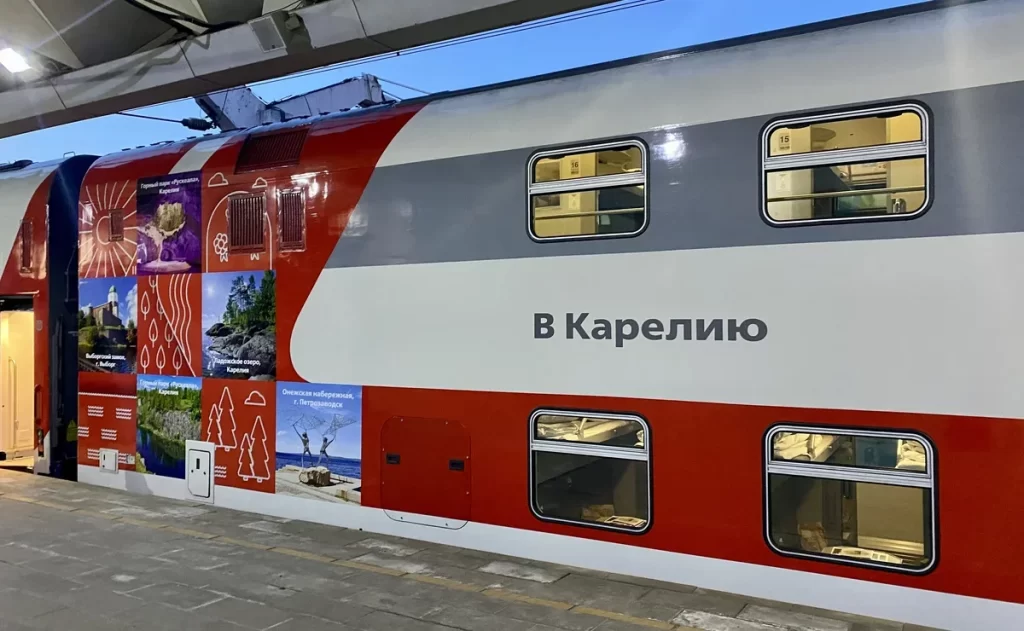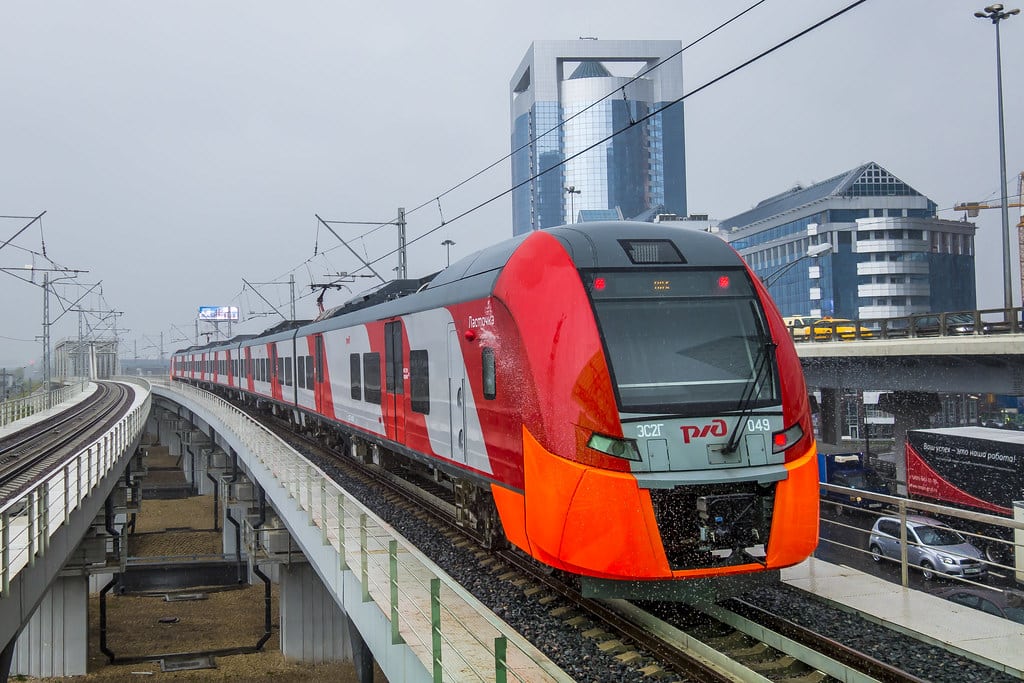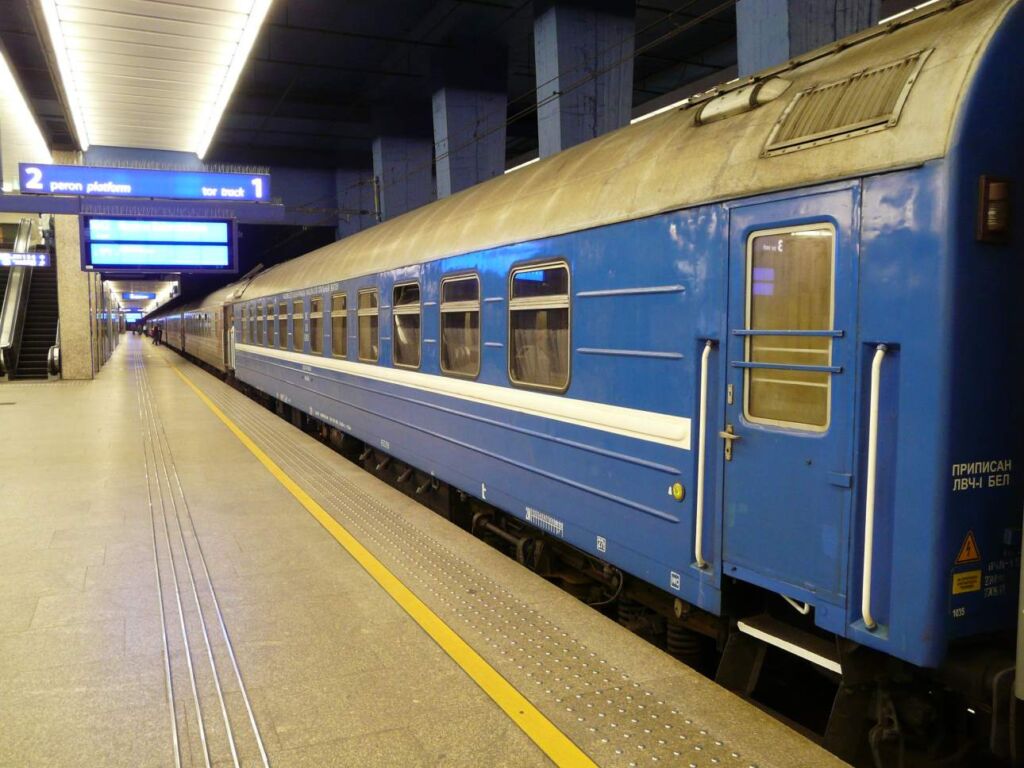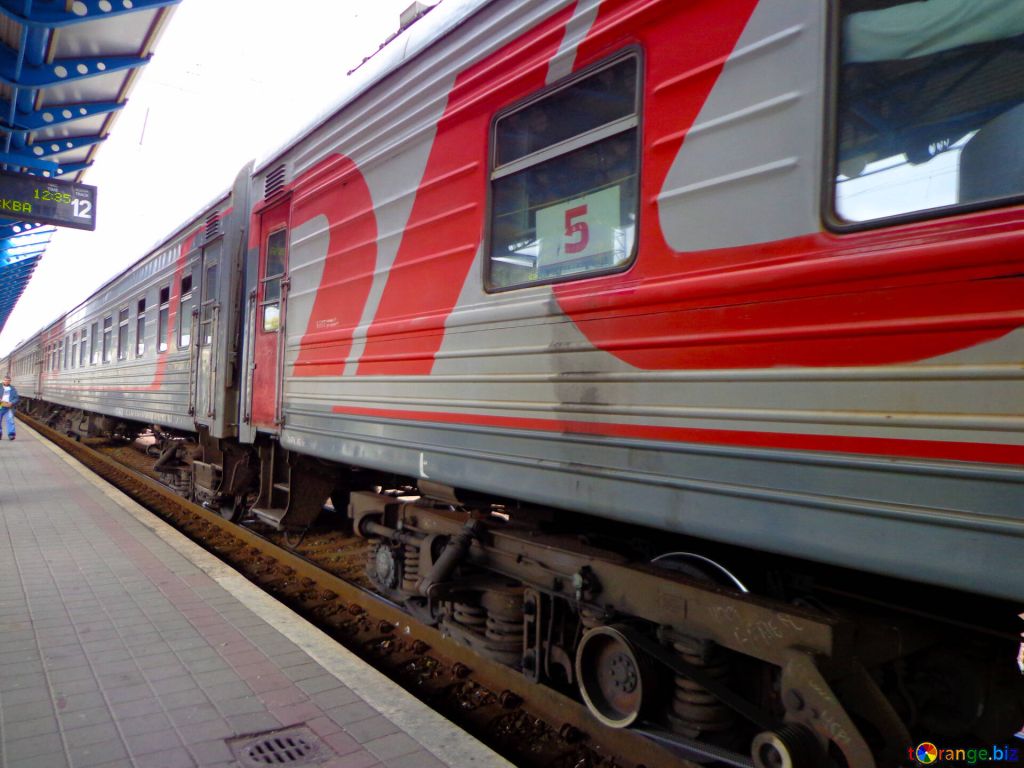Approaches to the formation of environmental strategies at companies in Russia and abroad were discussed by participants in the round table “Zero Waste. Eco-Ambitions as a Source of Modernisation.”
The round table was held at the railway show 1520 Space “PRO//DVIZHENIE.EXPO” currently taking place in Shcherbinka.
Vladimir Andreev, the Company’s Acting Deputy Managing Director and Chief Engineer, spoke about the priorities in the development of the new Environmental Strategy at Russian Railways to 2030.
According to Andreev, when developing the Environmental Strategy to 2030, the Company focused on Russia’s national development goals to create a convenient and safe environment for the population, as well as on the goals and objectives of sustainable development.
The main directions selected were to improve energy efficiency with an intensive transition to a low-carbon development trajectory, minimise the impact of production activities in the regions where the Company is present and eliminate objects with accumulated environmental damage.
Vladimir Andreev noted that over the thirteen-year period from 2007 to 2020, the Company had come a long way from actual consumption to a responsible attitude to nature.
During this period, emissions of pollutants from stationary sources were reduced by 66%, significantly more than the targeted figure of 55%, from mobile sources by 34%, up from the planned 31.5%, and discharges of insufficiently treated wastewater by 73%, outperforming the target of 66 %. In 2020, the Company completely eliminated untreated discharges of wastewater.
Russian Railways increased the proportion of waste neutralised and sent for recycling by 23%. By the end of 2020, that amounted to more than 83% of all generated waste.
The Company reduced emissions of pollutants by 138,000 tons by electrifying more than 2,000 km of rail track, decommissioning more than 6,000 units of obsolete rolling stock and purchasing 7,000 units of rolling stock with more environmentally-friendly characteristics.
In addition, the Company switched 137 boiler installations to more environmentally-friendly fuels and renewable energy sources and installed more than 150 units of gas cleaning equipment.
Water consumption on the railway network fell by 93 million cubic metres due to the elimination of water-intensive technological processes, including the introduction of dry washers and the transfer of compressors to air cooling, etc.
Russian Railways is now actively developing a system for verifying the impact of production activities on the environment. To comply with government requirements, the Company has organised a powerful structure on the railway network to carry out the environmental monitoring of atmospheric air, surface water bodies and emissions from industrial enterprises, as well as soils, groundwater, levels of noise, vibration and electromagnetic radiation.









